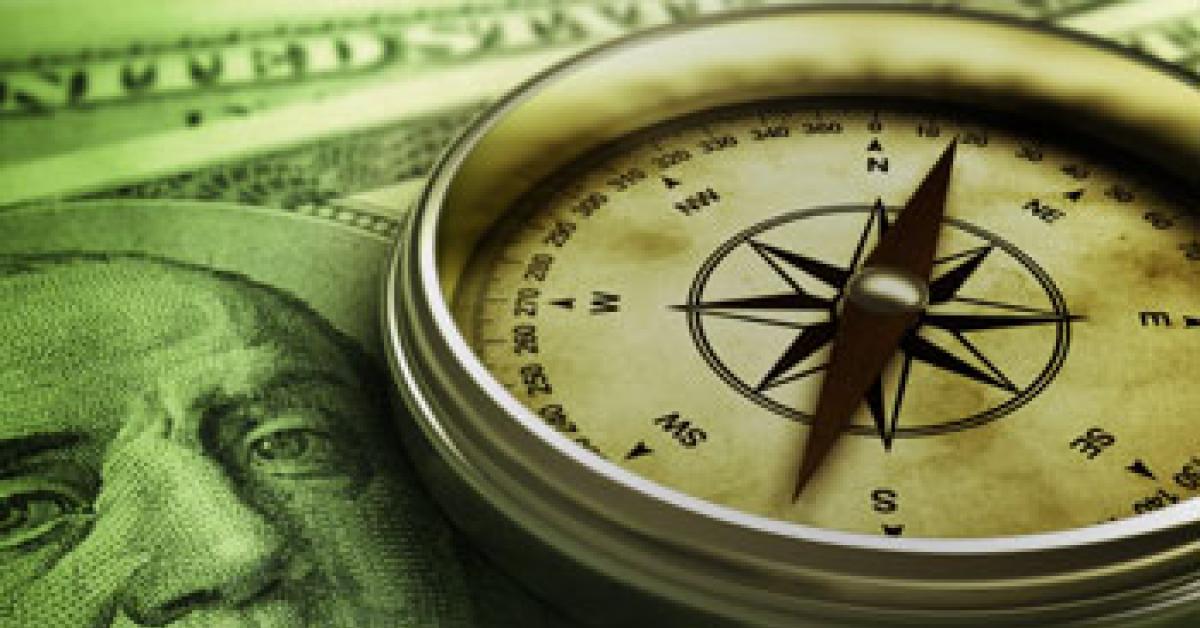CHICAGO — Smart people make dumb mistakes, especially when it comes to money. Why this is so has the experts puzzled, though there are many theories on the subject. Whatever the reason for this enigma, here are a half-dozen costly money mistakes that you need to avoid:
FAILING TO SEPARATE PERSONAL FINANCES FROM BUSINESS PERFORMANCE
Many business owners and professional practitioners keep a sharp eye on business performance while cheating themselves and their families by failing to manage their personal finances skillfully. That’s a poor idea. These are two entirely separate challenges; both need and deserve your best efforts.
There is no better time than now to review your personal financial health and your goals for a secure financial future.
FAILING TO PLAN FOR RETIREMENT
We humans tend to assign more importance to today than to tomorrow. While the concept of retirement seems to be undergoing some drastic revisions these days, for most of us, there comes a time when our working days will end.
With today’s longer life spans, that means we could live as much as 20 or 30 years beyond our high-income working years. How well we are able to support ourselves during those years will depend on how well we have organized and executed a financial plan to support the lifestyle we deserve.
As far as retirement is concerned, planning and executing is entirely up to you; no one is going to do it for you. If you don’t do it, it won’t get done. That’s why making use of today’s tax-deferred retirement plans such as 401(k) and others are so important. Make certain that you are investing every cent that you can afford into your retirement plan.
IGNORING CREEPING DEBT LOADS
To put it simply: debt sucks. Failing to understand the devastating consequences of out-of-control debt is perhaps the most serious (and dumbest) money mistake that one can make. Be assured, if you fail to control your debt, it will eventually control you — with terrible consequences.
Today’s credit-card society presents an unprecedented opportunity to slip into the hands of the “Debt Monster.” Once you’re in its clutches, it will be difficult if not impossible to escape.
Studies have long since proven that we spend more lavishly when we are using a credit card than when we have to dig into our pockets for cash. That sets us up for the “minimum payment” trap. As our credit card balances climb, submitting to the temptation to pay only the required minimum payment also climbs. Once you start paying only the minimum amount due on a credit card, the oppressive interest rates charged by credit card companies will have you swimming against a vicious and unrelenting fiscal tide.
That’s why the only sensible use of credit cards is to charge only amounts that you are able to pay in full when the monthly bill arrives. If you can’t afford to pay in full, you can’t afford to charge it.
FALLING PREY TO LOSS AVERSION
If you’ve ever stubbornly held on to a rapidly depreciating stock because you’re sure that it will eventually recover, you’ve become a victim of loss aversion. Loss aversion is a peculiar psychological quirk in many of us humans that causes us to work much harder to avoid a loss than we are willing to work to make a profit. In short, we are so reluctant to take a loss that we will postpone taking action beyond sensible time constraints.
When it comes to the stock market, once a stock or mutual fund starts falling in value, we focus on the paper loss we have already suffered. Instead of cutting our loss and moving on, we hold on to the stocks in the hope that they will recover simply because we can’t face up to taking a loss.
Loss aversion makes itself felt in nearly every aspect of life. For example, imagine that you are shopping for groceries and are about to buy your favorite brand of frozen waffles. If you see that the price has dropped, you’re pleased and you make the purchase (you’ve made a “gain”). But if the price has been increased by the very same amount (you’re facing a “loss”), you put it back in the freezer and do without.
GIVING UNCLE SAM AN INTEREST-FREE LOAN AT YOUR EXPENSE
It may give you emotional satisfaction to know that Uncle Sam owes you money at tax time, but don’t be fooled. The IRS gets the last laugh when you increase your payroll withholding or quarterly tax estimates to avoid owing the IRS money at tax time. When you do that, you’re giving the government an interest-free loan at your expense.
The least expensive way for you to pay your tax liability is to try to have your withholding and estimated payments come out as close as possible to the amount owed.
FALLING VICTIM TO ANCHORING
The next time you’re out to dinner at a nice restaurant, take a look at the wine menu. Often you’ll see a single bottle listed at $100 or more while all the other bottles are listed at half that price or less. Many restaurants do this knowing that a $25 or $50 bottle of wine will seem much more affordable compared to the $100 bottle, which they know they are unlikely to sell.
Behavioral economists describe this situation as “anchoring.” Once we see a high price, it anchors our expectations for price, making the lower-priced alternatives seem more attractive. You’ll find the anchoring principle in many places, including appliance stores.
Avoiding these six money mistakes will help make you a better money manager.
Information in this article is provided for educational and reference purposes only. It is not intended to provide specific advice or individual recommendations. Consult an accountant or tax adviser for advice regarding your particular situation.
Have a question or comment? E-mail our editor Dave Davis at [email protected].

